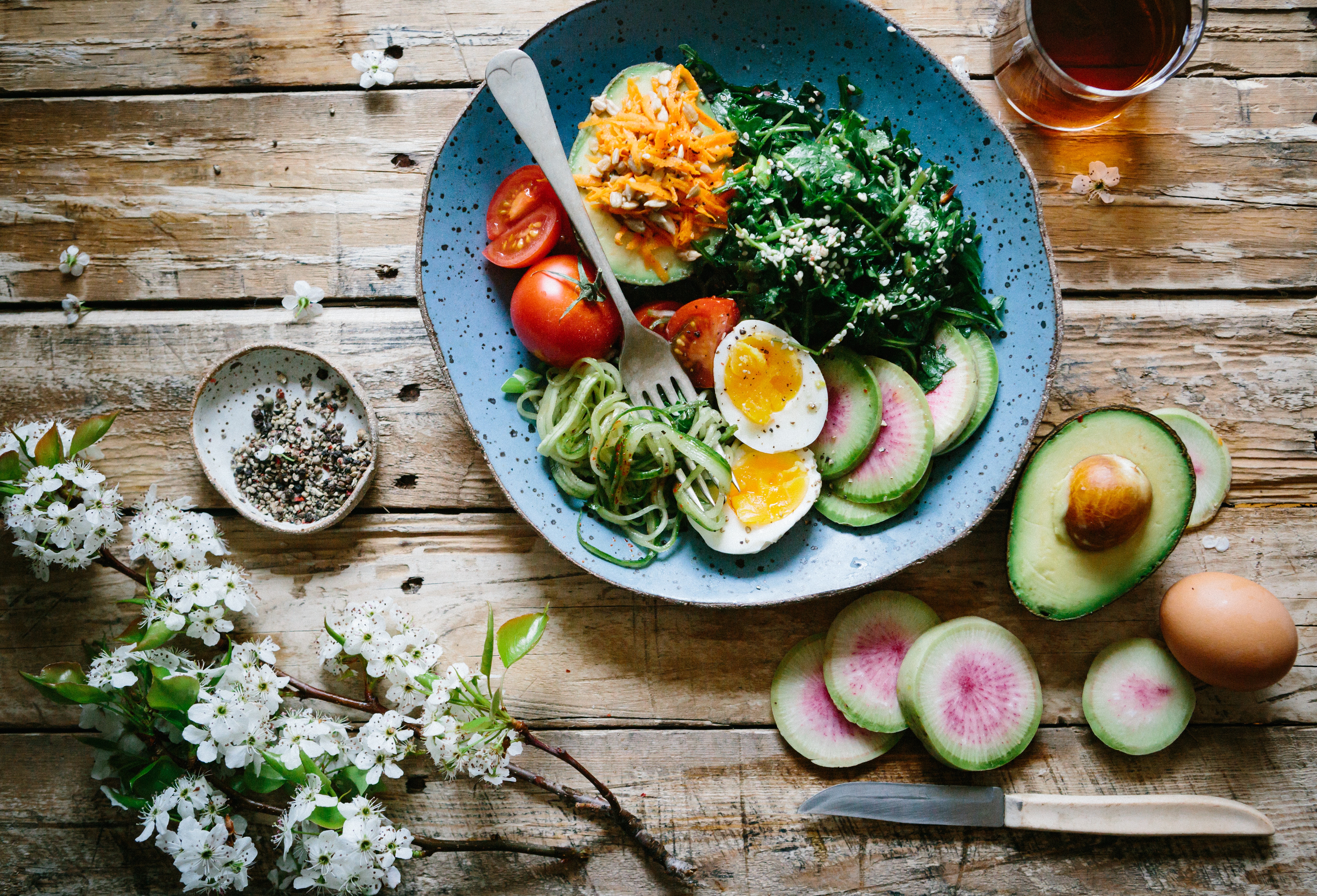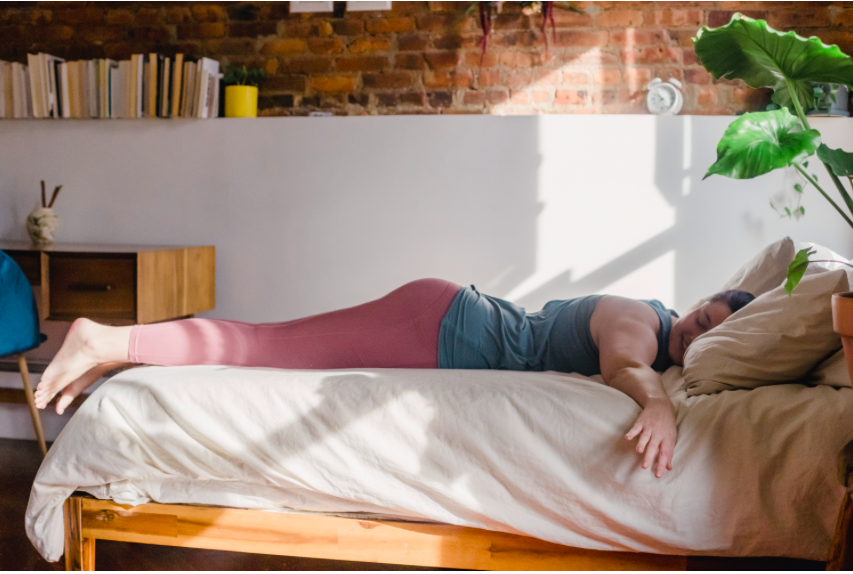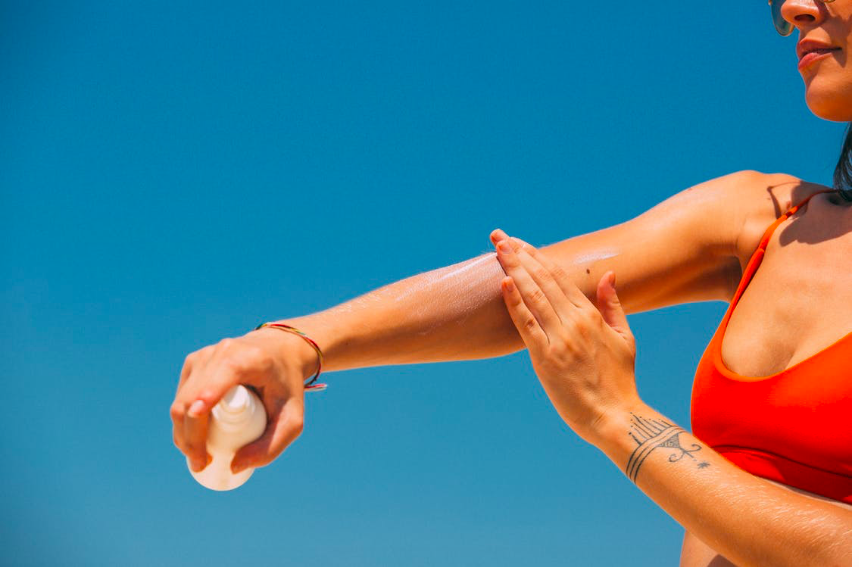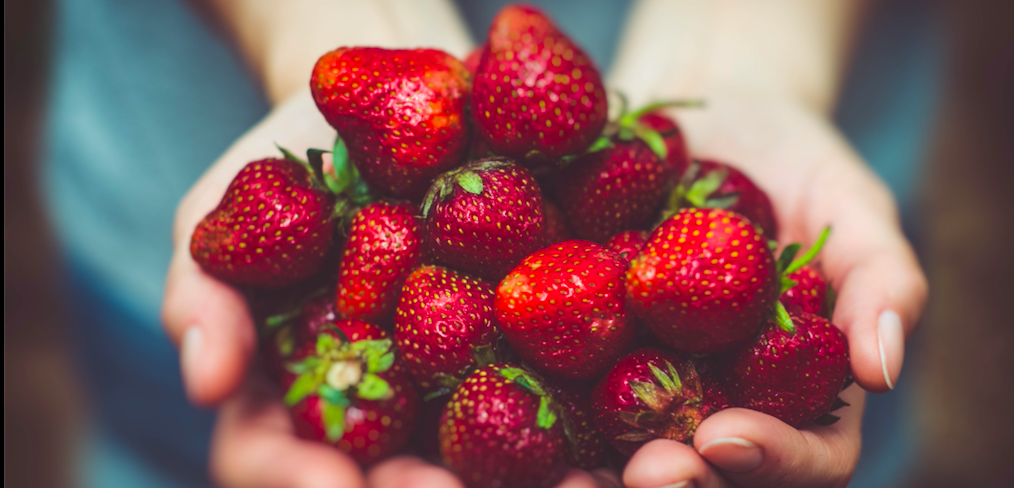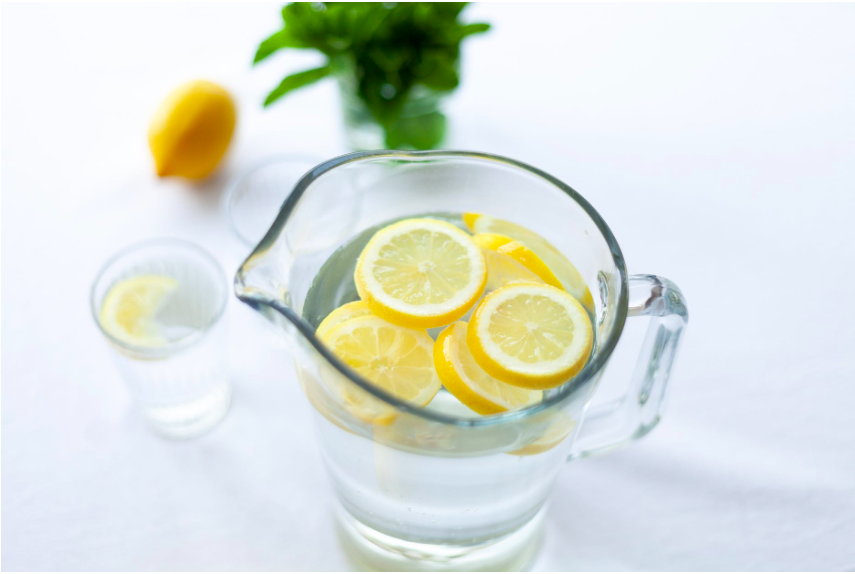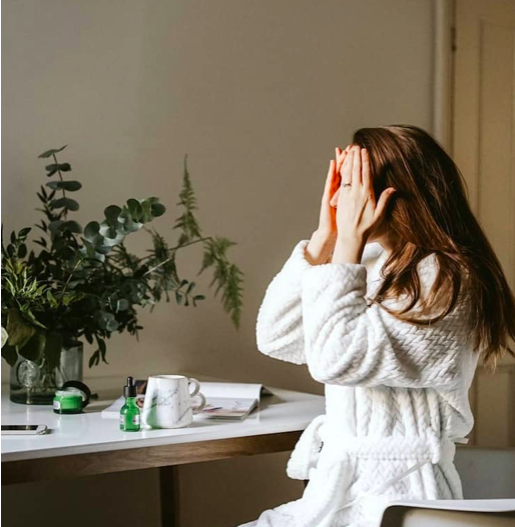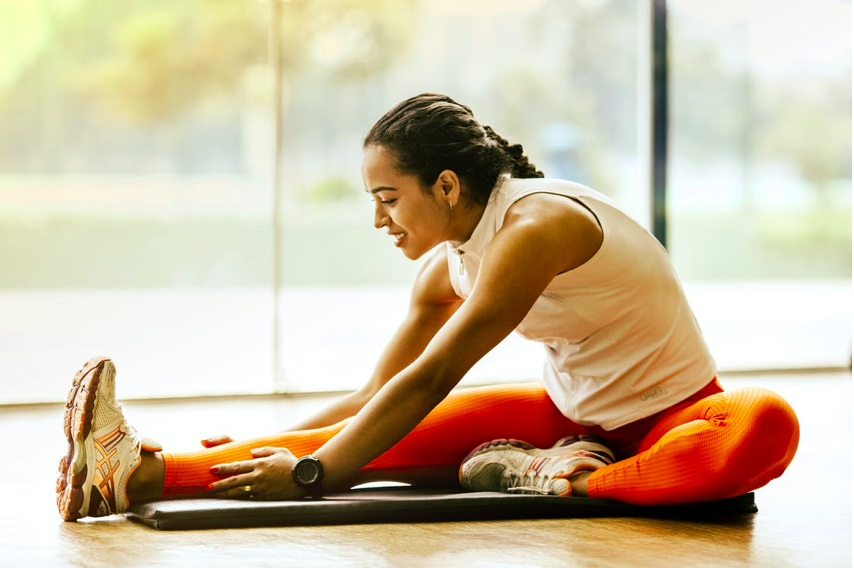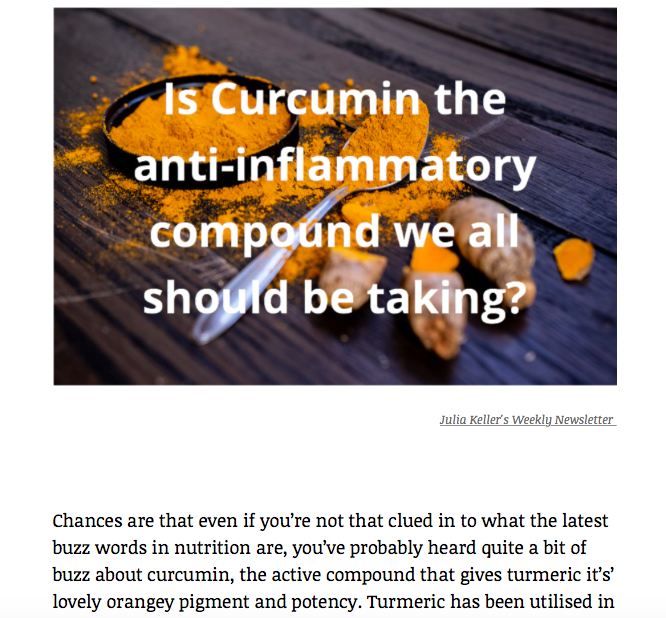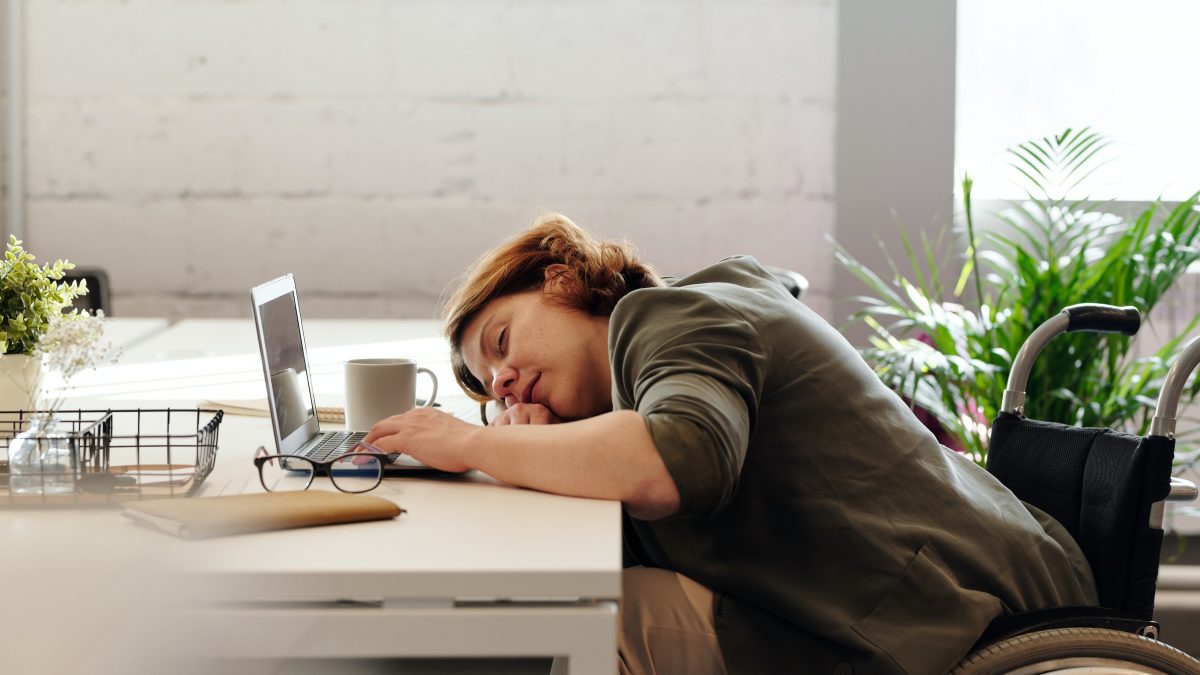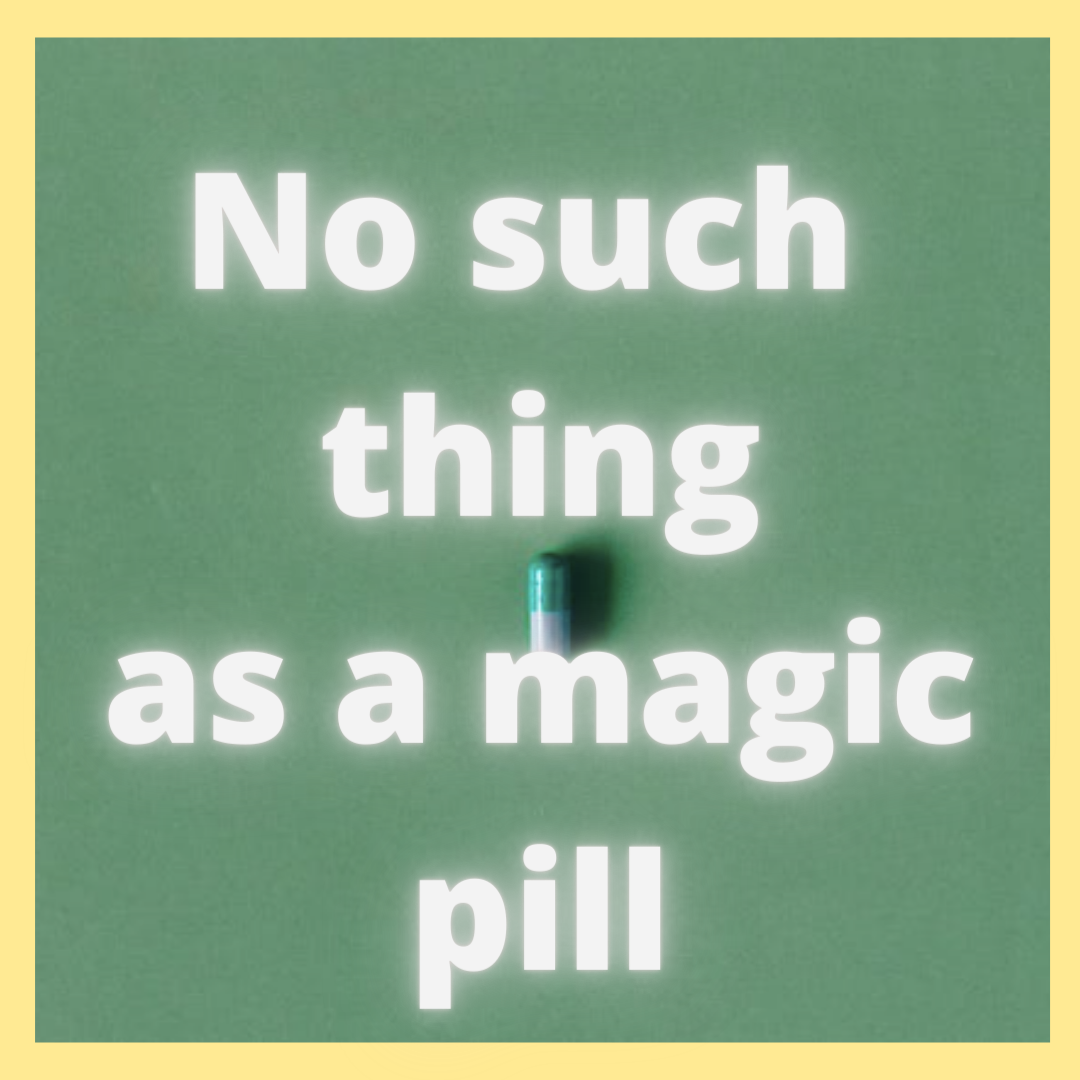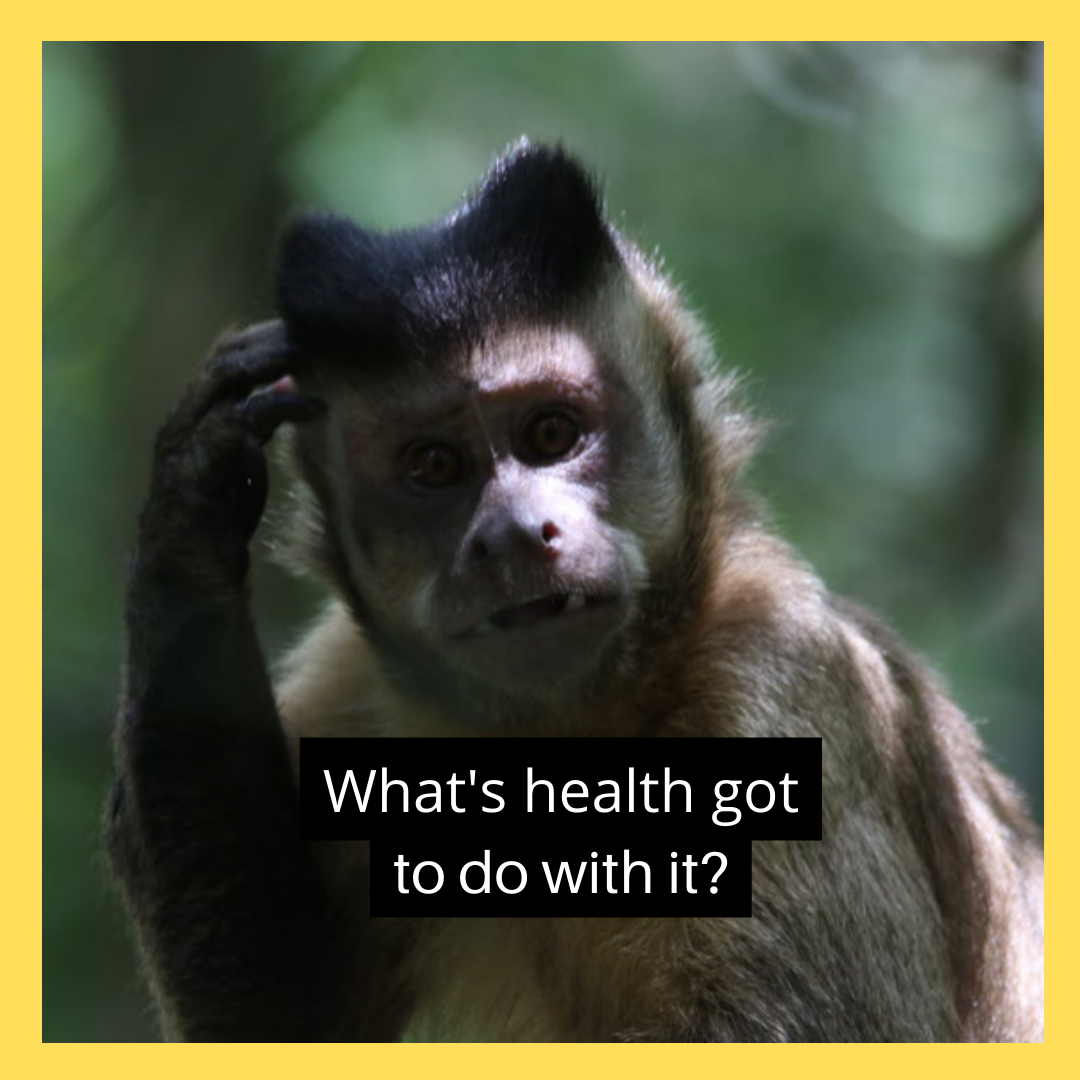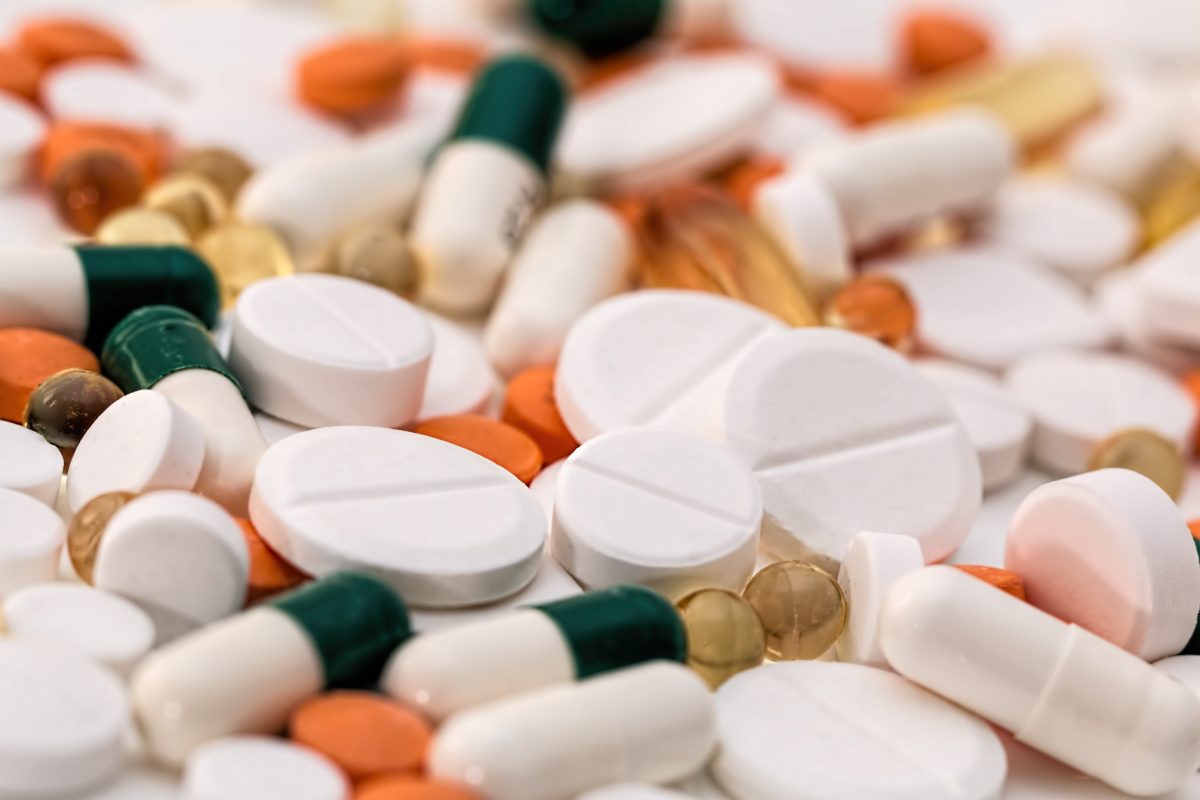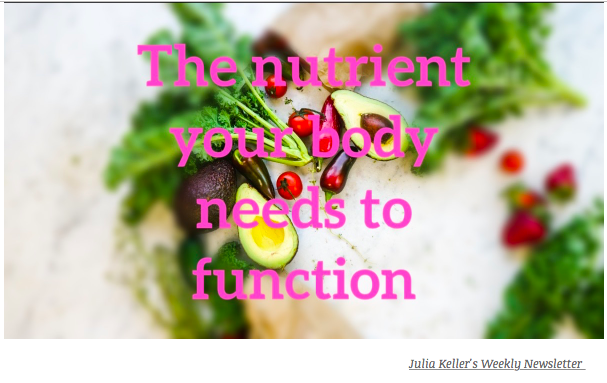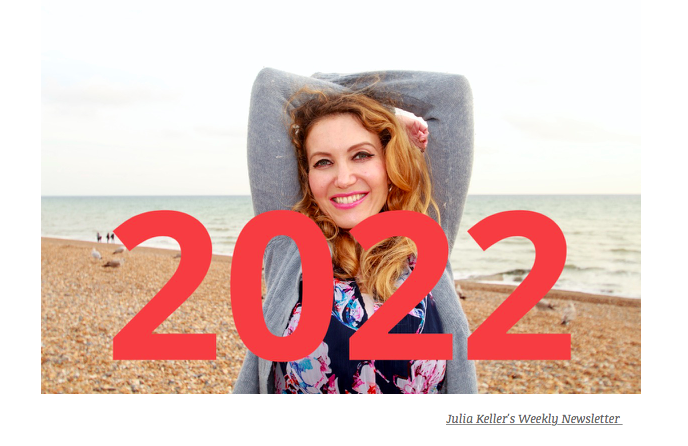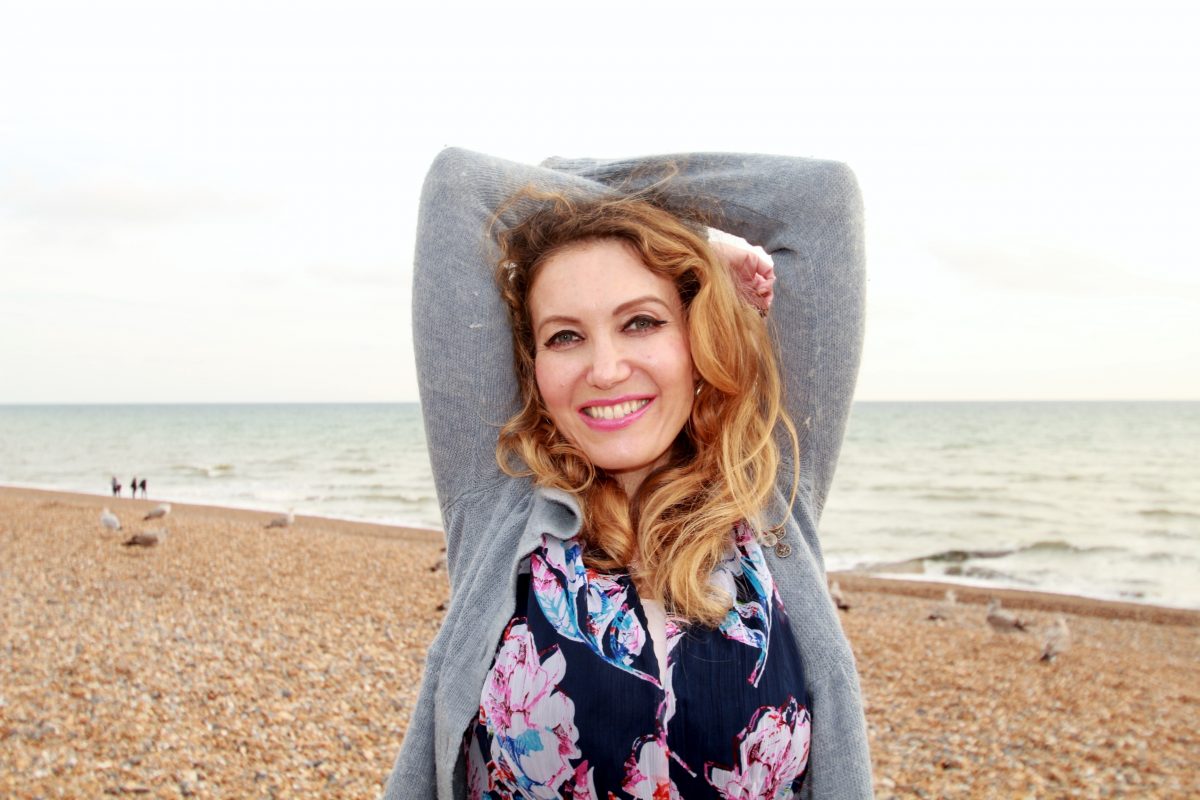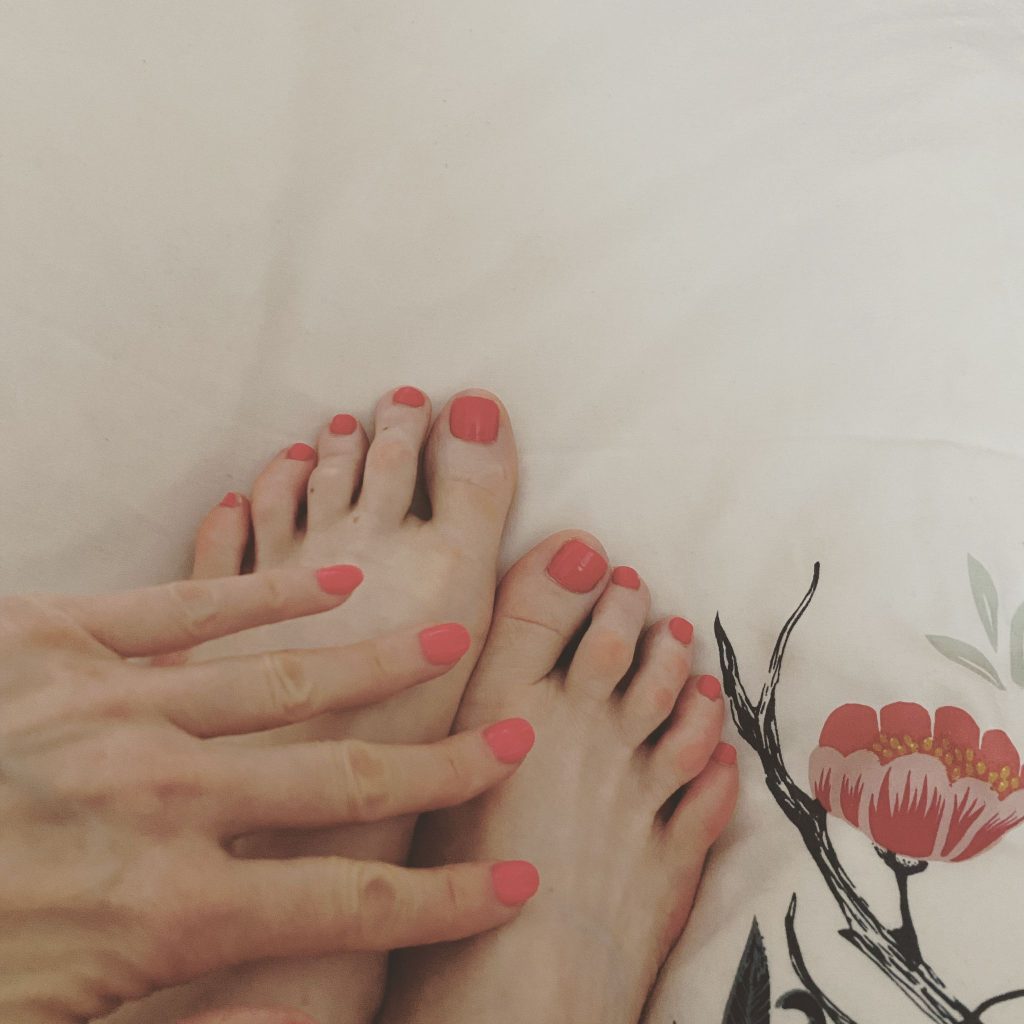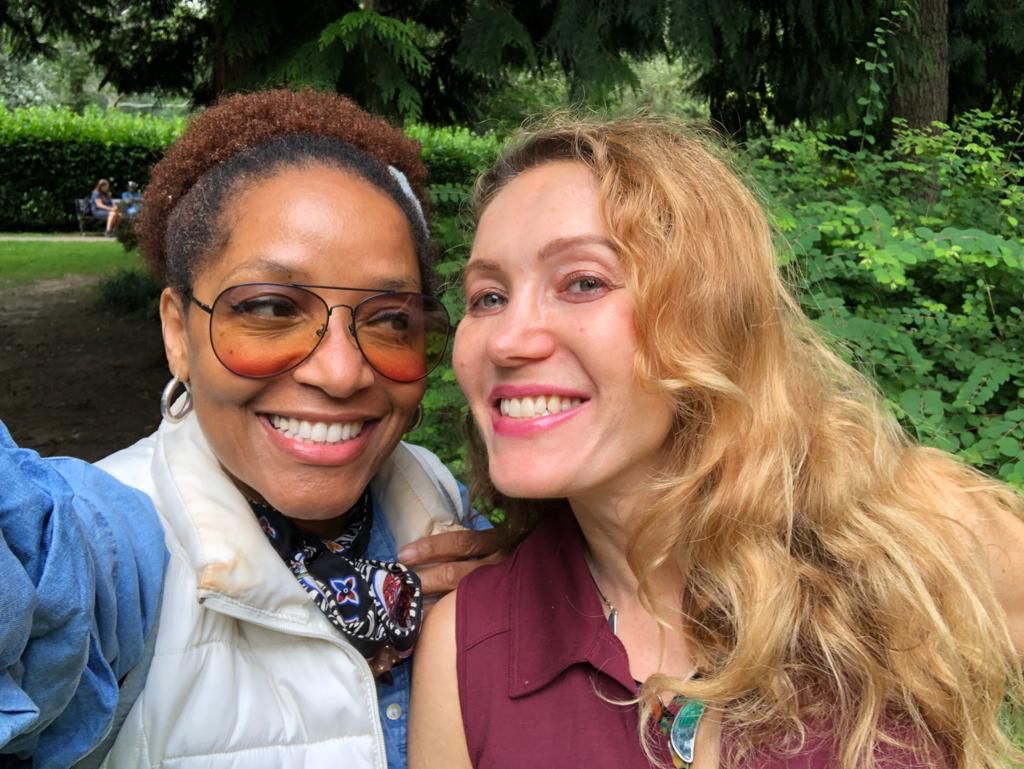Menopause, like any other big hormonal transition, is a time that can be very taxing on your body. During this time, your diet and lifestyle can make or break how well your body deals with big hormonal changes. It also can make a big difference in how well you age and how your body comes out of menopause, which traditionally can be a more perilous time for women health-wise because of the reduced protection from key hormones which serve to reduce major health issues. Women are therefore more vulnerable to chronic diseases and cognitive decline.
- Eat your vitamins. Eating well not only helps you to feel better, more energised and fuller of vitality, it also helps your body to maintain immunity and good brain function for longer. Ensuring good vitamin intake on a daily basis means that your immune system is best powered to protect you from viruses, bacteria, toxins and chronic diseases (such as cancer and diabetes) (6). Although we’ve all been told that we should eat our five a day, recent research has actually suggested that eating 10 portions (a portion = a fistful) of mostly vegetables (7-8 portions) with some seasonal fruit (1-3 portions) is what really helps to prevent the more deadly chronic diseases, such as cancer and heart disease, and to keep us looking more youthful, thanks to all the antioxidants and polyphenols in plants (7). Your skin too thrives on plenty of fresh vegetables and fruit, so eating better also means looking younger for longer (which we all want of course). Because life is often busy and we don’t always manage a regular daily intake that matches what our body, skin and brain needs, as a Nutritional Therapist, I normally advise clients to supplement with both a daily multivitamin and other supplements targeted to their specific needs. For women going through menopause or perimenopause, the ideal would be to take the Women’s Essentials Duo which includes our top selling one a day multivitamin: Women’s Daily Wellbeing + Hormonal Support Supplement alongside the Women’s Menosupport + Renewal Supplement – which is full of phytoestrogens and other key vitamins to help ease peri-menopausal and menopausal symptoms and to help balance hormones. If wanting to improve skin quality as well, a Hair, Skin + Nails Supplement is ideal. But be careful as not all skin supplements are created equal. Make sure that any you choose contains skin-boosting ingredients. The Anatome one is chock full with benefits, such as collagen and hyaluronic acid. Grape seed, bioflavonoids, which help to optimise digestion and immunity, as well as other key nutrients, are also included and will show up as better-quality skin in the long-run. Looking after joints is also key during the transition and the Anatome Joint Supplement has what’s necessary to improve joint health and reduce inflammation.
- Try adding fasting to your week. While plants do a body good, calorie restriction through fasting can actually slow cognitive decline and ageing overall. Intermittent fasting has been shown to protect the body from neurodegenerative diseases and to slow down cell ageing. This could have something to do with the fact that our body when in a fasting state activates adaptive cellular stress responses and improves how the mitochondria works and how energy is utilised (8). It also helps our good gut bacteria to survive over the bad guys (more on that below). Intermittent fasting also allows our digestion to have a long rest and to rebuild and blood-sugar to even out, as opposed to when food is constantly coming in causing perpetual insulin raises to process sugar and simple carbs. Fasting does not need to be difficult or onerous. One can choose to follow the 5-2 diet, for instance, which involves eating normally 5 days a week and choosing 2 days to restrict intake to one big or two small meals (ideally within a window of 500-800 calories max for that day) which are primarily plant based and naturally low in calories. Another option is eating within a restricted eating window, such as within 12 hours or less: the aim eventually being to limit eating to within an 8-hour window, so that 16 hours of the day (including when sleeping) our body is fasting and we are not eating at all in that time (drinking calorie-free drinks such as tea and water is fine). Begin with fasting for as long as you can and reduce to one hour less each week. Avoiding snacking between meals also helps to improve blood-sugar balance and gives digestion a rest between meals. Be careful with these if low blood-sugar is an issue, however, or if on insulin injections. When in doubt, always take the advice of your doctor.
- Cut out the CRAP. To ensure good health before, during and especially after menopause, what you DON’T eat is even more important than what you do. This means cutting out food and drink that is labelled as CRAP: a great acronym that represents Carbonated beverages, Refined sugars, Artificial foods and Processed foods. These foods are filled with toxins and other ingredients which your body can’t process adequately, which raise your insulin levels unnecessarily and which lead you to gain weight and feel sluggish and tired. They can also lead to premature ageing of cells and to reduced immunity and more prevalence towards chronic diseases. CRAP feeds bad gut bacteria as well as parasites and even cancer cells. If cutting all of this out of your diet long-term feels like an impossible endeavour, start small. Perhaps do a 5-2 type week where for 5 days you eat cleanly while allowing yourself 2 days to indulge. Or if even that feels too hard, maybe allow one indulgence a day initially, moving down to one every other day, then every third day, etc. Eventually, your taste buds will change and adapt to desiring more healthy food and you’ll also notice how food better for you makes you feel better. CRAP foods also have been paralleled with low mood and poor mental health, so the less you indulge the better, especially during a big hormonal transition where mood and sleep are already so heavily affected.
- Indulge in phytoestrogens. Phytoestrogens are compounds found in certain plants the behave similarly to oestradiol (which is a type of oestrogen). The most prevalent (and most studied) type is isoflavones, which can be found in soybeans (primary source), chickpeas, alfalfa and red clover (9). Soy (and tofu, a type of soy protein) once became popular due to the strength of isoflavones and the phytoestrogenic benefits of eating this. Countries where women eat more soy have less prevalence of certain chronic diseases, obesity, diabetes and early mortality. They are also known for women suffering less during and after menopause. A daily dose of phytoestrogens can improve menopause symptoms and even bone health post-menopause. However, should trying to fit these into your diet seem like too much to ask, you can rest assured that these have now made their way into many women’s menopause blends. The Anatome Women’s Menosupport + Renewal Supplement, for instance, has a full daily serving of soy, along with other supplements to help ease the transition, such as evening primrose oil to balance hormones and B vitamins and ginseng for energy.
- Feed your gut buddies. Your gut microbiome is key to keeping you youthful, healthy and feeling good and full of vitality. Your gut bacteria balance can affect your mental health (with a poor balance potentially leading to low mood, depression and anxiety) and even determines your food cravings (the bad guys crave sugar and processed foods, while the good guys prefer high-fibre foods such as vegetables). What you eat affects which side will flourish and which side will perish. If you’ve just been through a round of antibiotics or two (or if you’ve been through many long rounds in the past), you likely killed off gut bacteria, which often allows the bad guys to settle in first. That’s when it’s especially crucial to replenish using pre and probiotics. Prebiotics include fermented and high-fibre foods while probiotics, which include most yogurts and kefirs, are best taken in through a probiotic supplement. Preferably, a good probiotic will contain billions of bacteria made up of multiple strains. The Anatome Daily Biotic + Gut Support Supplement contains 11.5 billion bacteria through 7 strains. A good probiotic will help to relieve digestive symptoms while improving immunity, mental health and the body’s ability to handle stress. Considering that menopause is a huge stressor on the body which can lead to many negative symptoms, any relief possible is a big help. There is also a large body of research that connects gut microbiome balance with cognitive health as well as to improved mood, so that the better the balance the less the chances of cognitive decline or depression (10).
Taking care of your diet during the menopause transition is incredibly important, both for how you feel during the transition and for how healthy you come out of it. While all the work you have to do, and particularly some of the food – that’s not so great for you – that you may need to sacrifice may seem somewhat daunting, consider the benefits of looking after your health: which include looking and feeling better long-term. If this all feels very confusing, I now run a clinic in Anatome once weekly focused on helping women with advice about what to expect and how to take care of themselves best before, during and after this key time.
Julia Keller bio
Dipt Naturopathy, Dipt Nutritional Therapy, Dipt Clinical Hypnotherapy
Nutritional Therapist specialising in Skin, Sleep, Stress Management, Women’s Health and optimal ageing
Julia has been working in the Wellness field since 2015, having first qualified as a Transformational and Wellness Coach and NLP Practitioner. She qualified a year later as a Stress Management Specialist and then a Clinical Hypnotherapist. While working to help clients with sleep, stress and weight issues, she began to notice that often problems with mental health manifested in physical health and soon embarked on a study of Nutrition and Naturopathy at CNM in London. Julia focused most of her clinical work and studies on skin and ageing-related disorders and soon became fascinated with how to help clients to maintain youthfulness and vitality as they age. So that their biological age was much younger than their chronological age. She decided to embark on a MSc in Personalised Nutrition at CNELM (affiliated with Middlesex University) to research the effects of gut health and inflammation on the ageing process and ageing-related disorders, among other research.
Julia believes strongly in the power of the Mind-Body-Gut connection and that all need to be in harmony with each other and their surroundings in order for the body and mind to function optimally. She is a great proponent of antiaging from the inside out and believes that many ageing-related disorders can be prevented through optimal lifestyle, nutrition, stress management and adequate sleep. With this in mind, Julia runs a clinic on Wednesdays helping clients with sleep, stress, skin, menopause transition and other issues at Anatome and is the brand wellness specialist working across the brand’s various locations.
Julia is a truly compassionate and caring practitioner aiming to help her clients towards optimising their physical, mental and skin health.

